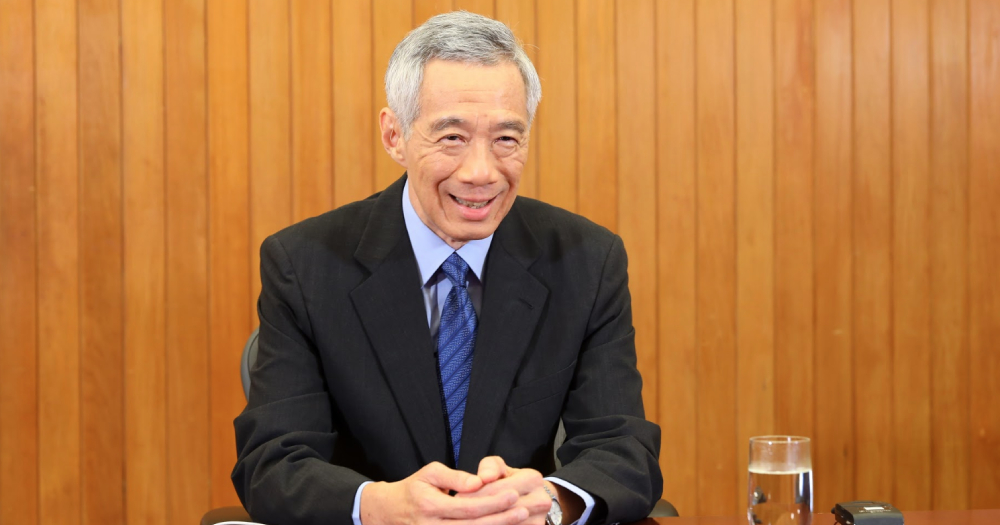China could have done better in its response to the Covid-19 outbreak, but other countries have "not found it easy" to keep the outbreak under control either, Prime Minister Lee Hsien Loong said on Sunday, March 29.
The Chinese could have done better, but same goes for others
Speaking during an interview with CNN's Fareed Zakaria through a video call, PM Lee said he is sure there were "many aspects of the Chinese response to this outbreak which they will look back upon and believe that they should have done better".
However, he said he does not think one can say these areas would not have happened if the Chinese had "done the right thing".
He added that several countries "do not have the Chinese government", and yet they have not found it easy to keep the outbreak under control.
Calls to move past the blame game & "look ahead"
He added that in this "difficult situation", it is "most constructive" for everyone to "look ahead and find the best way to move forward" and deal with the problem.
As for the escalation of tensions between China and the United States when both countries traded barbs over the actual originator of the virus, PM Lee said it is "a most unfortunate situation to be in".
While he acknowledged that U.S.-China relations have already been "complicated" even before the viral outbreak, he said all countries, especially the U.S. and China, have to work together if they want to deal with the virus.
No one benefits if U.S.-China relations are bad
He added that the swapping of insults and the blame game they engaged in are not going to help solve the problem sooner, which even under "the best of circumstances", is going to be "a very difficult challenge for mankind".
PM Lee had expressed the same sentiments multiple times previously.
In an interview with Zakaria in October 2019, he said Sino-American tensions are "bad for the world", particularly since everyone has depended on stable relations between them.
Prefers American leadership on the issue
Lee had also said he would prefer to see American leadership on the matter of tackling the public health crisis.
He said: "You have the resources, you have the science, you have the influence, you have the soft power, and you have the track record of dealing with these problems convincingly and successfully, and in the greater good of many countries, not just the U.S."
He added that it is "a pity not to put those resources to work now" to deal with this "grave challenge to mankind".
Blame game
Chinese foreign ministry spokesperson Zhao Lijian previously accused the U.S. of being the true originator of the coronavirus.
U.S. President Donald Trump hit back by referring to Covid-19 as "the Chinese virus".
Dissonance in views
Tensions between the two major countries have since deescalated after the Chinese Ambassador to the U.S. Cui Tiankai asserted his belief that claims about the virus originating in America are "crazy".
The break with the Chinese foreign ministry was followed by Trump's decision to stop using the term "Chinese virus".
Just finished a very good conversation with President Xi of China. Discussed in great detail the CoronaVirus that is ravaging large parts of our Planet. China has been through much & has developed a strong understanding of the Virus. We are working closely together. Much respect!
— Donald J. Trump (@realDonaldTrump) March 27, 2020
China has seen locally transmitted cases drop to zero in the past days, while the Trump administration is facing growing criticisms for its handling of the crisis.
The U.S. currently has the highest number of Covid-19 cases in the world, at more than 125,000, according to data from Johns Hopkins University.
But its death toll of nearly 2,200 is below that of other countries, such as Italy.
As China begins its return to normalcy within its borders, it has also launched a diplomatic offensive overseas through the provision of medical supplies to other countries.
The move, widely promoted by the state media, was described and sometimes criticised by the western media as an attempt to mask its past blunders and project a positive image globally.
Top image via Ministry of Communications and Information
If you like what you read, follow us on Facebook, Instagram, Twitter and Telegram to get the latest updates.
